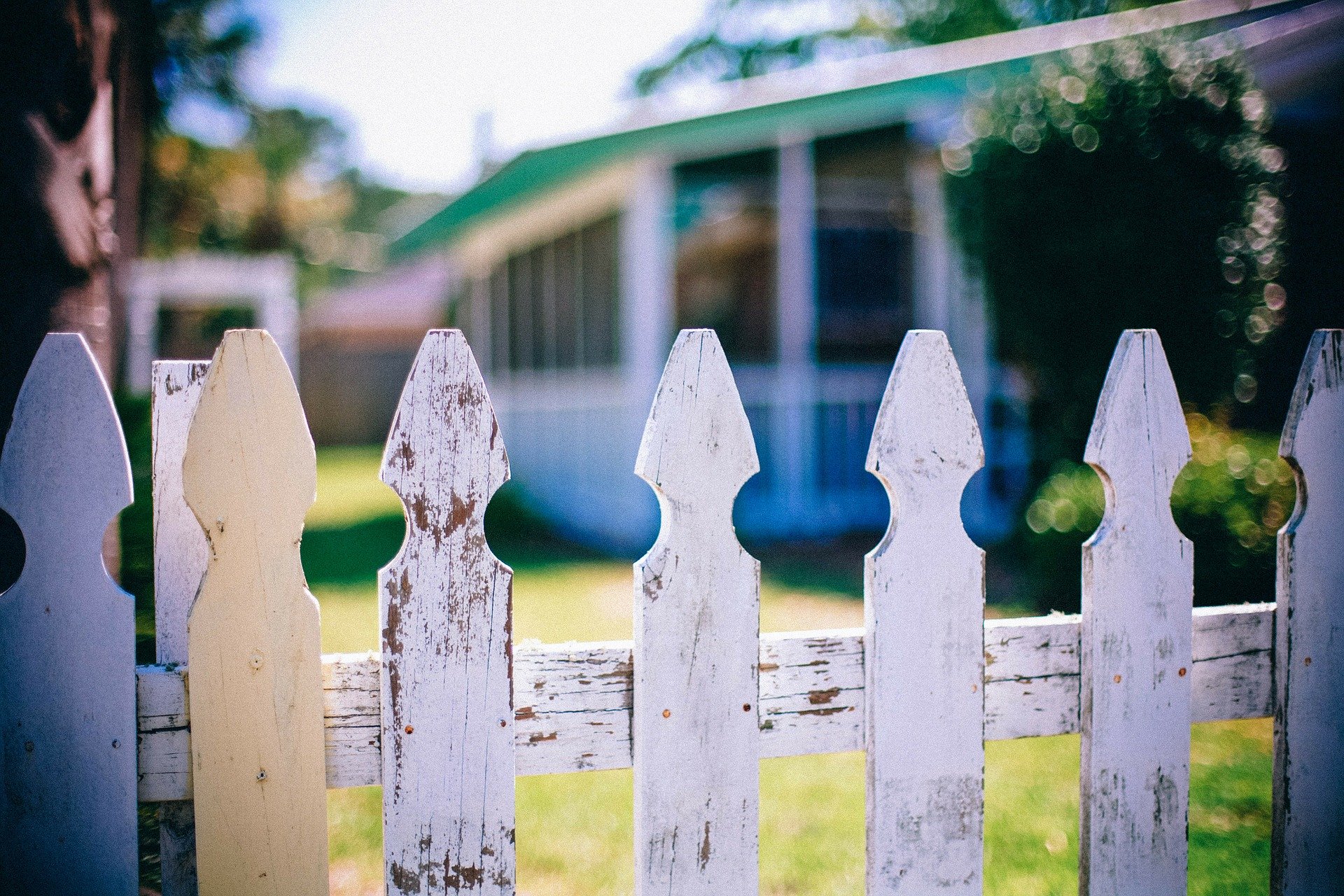I had a Southern country upbringing. Neighbors were important to my family. We helped each other. We cared for each other. Many a time I heard my father say he had to go help someone because they were “a neighbor with an ox in the ditch”. If a neighbor was hurting, you would do anything to help. Physical labor was offered, money given and food cooked and delivered or sometimes a loving presence was needed. But as I look back on this, I know that one qualification of a neighbor was that they looked like us.
Remember when a lawyer asked Jesus, “How do I get into heaven?”? Jesus said “you know the Law as good as anyone. What does it say?” Of course he answered with that well loved verse, “You shall love your God with all your heart, mind and soul and also love your neighbor as yourself.” I can just hear Jesus replying, “So what’s the problem?” Then it happens. The lawyer asks the qualifying question. “So who is my neighbor?”
It is here that Jesus starts that Good Samaritan story. “A man traveled from Jerusalem down to Jericho and fell among thieves.” You know it. Two important men, a Priest and a temple official passed him by on the other side of the road. Then a Samaritan, who was looked at as a person who worshipped in the wrong place, stopped to help and care for this one who was naked, almost dead and in dire need.
A modern telling of the story might say that it was a white policeman who was beaten and robbed and after being passed by a banker and a TV evangelist, was discovered by a young African American man. He attends his wounds and then takes him to a doctor and pays with his own American Express Card. He says that he will return and if that card is depleted, he has another to cover the rest of the bill. And with that act of unqualified kindness the beloved community gets stronger.
Gloria Jean Watkins, an author better known by her pen name, bell hooks, said this: “If we want a beloved community we must stand for justice, and have recognition for difference without attaching difference to privilege.”
Because, when we do that, injustice happens:
- I am better than you because I am White and you are Black.
- I am better than you because I am heterosexual and you are gay, lesbian or transgender.
- I am better that you because I am a Christian and you are anything else.
- I am better than you because I am a natural born American and you are an immigrant or a refugee.
We are called to work toward the beloved community. We cannot do that if we are crippled by racism, nationalism, sexism, ageism, homophobia, and denominationalism.
Who do you think is being a neighbor to the people who are taken advantage of by others, by the system or by the off chance of being born different?
We answer, “The one who shows mercy toward them.”
God says, “Go and be a neighbor.”








